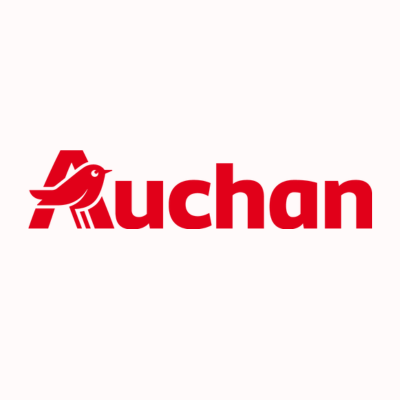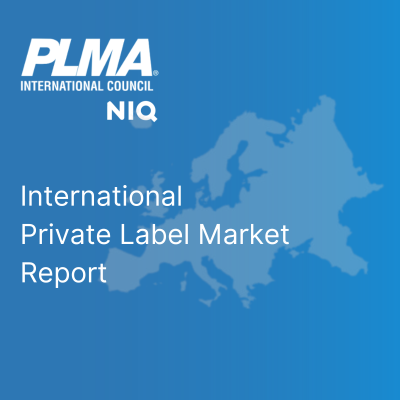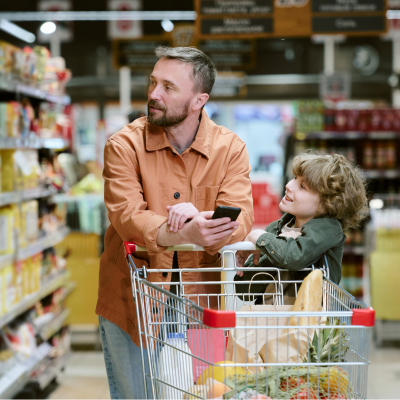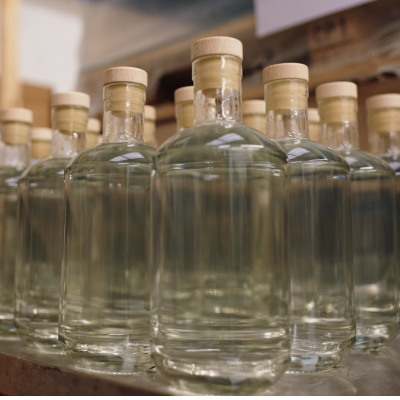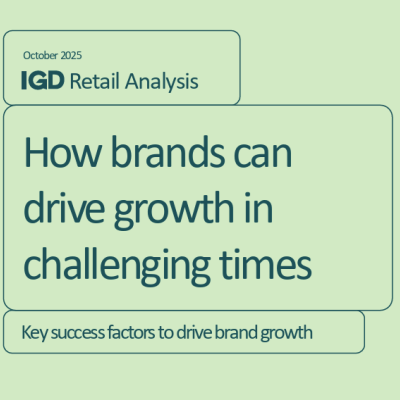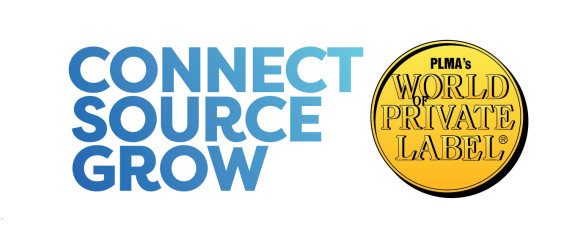French retailer Auchan has confirmed plans to place almost all its 300 supermarkets in France under the Intermarché and Netto banners, making Intermarché its largest franchise partner. This means Auchan will keep ownership of the stores and staff, but the shops will operate day-to-day as Intermarché or Netto supermarkets, following their commercial strategy, pricing, sourcing and store concepts. Effectively, these Auchan outlets will “become” Intermarché or Netto stores while still belonging to Auchan.
Subject to competition-authority approval, the transition is expected by late 2026. Auchan will create a separate legal entity to run the franchised stores, while Intermarché will take responsibility for product supply, merchandising standards and inventory management. According to Guillaume Darrasse, CEO of Auchan Retail, the move allows the supermarkets to “immediately benefit” from Intermarché’s strong price positioning—critical in France’s increasingly aggressive value-driven market.
For Intermarché owner group Les Mousquetaires, the move is striking because as a operating as a group of independent members, it does not practise franchising. But the agreement further expands its rapidly growing national footprint, following major acquisitions of Casino and Colruyt stores over the past two years. Intermarché president Thierry Cotillard described the arrangement as a “win-win”: Auchan gains a more competitive operating model for its mid-format stores, while Intermarché secures broader coverage in attractive catchments.
The restructuring is also part of a wider strategic partnership between the two groups, including a long-term purchasing alliance, Aura Retail, launched in 2024.


